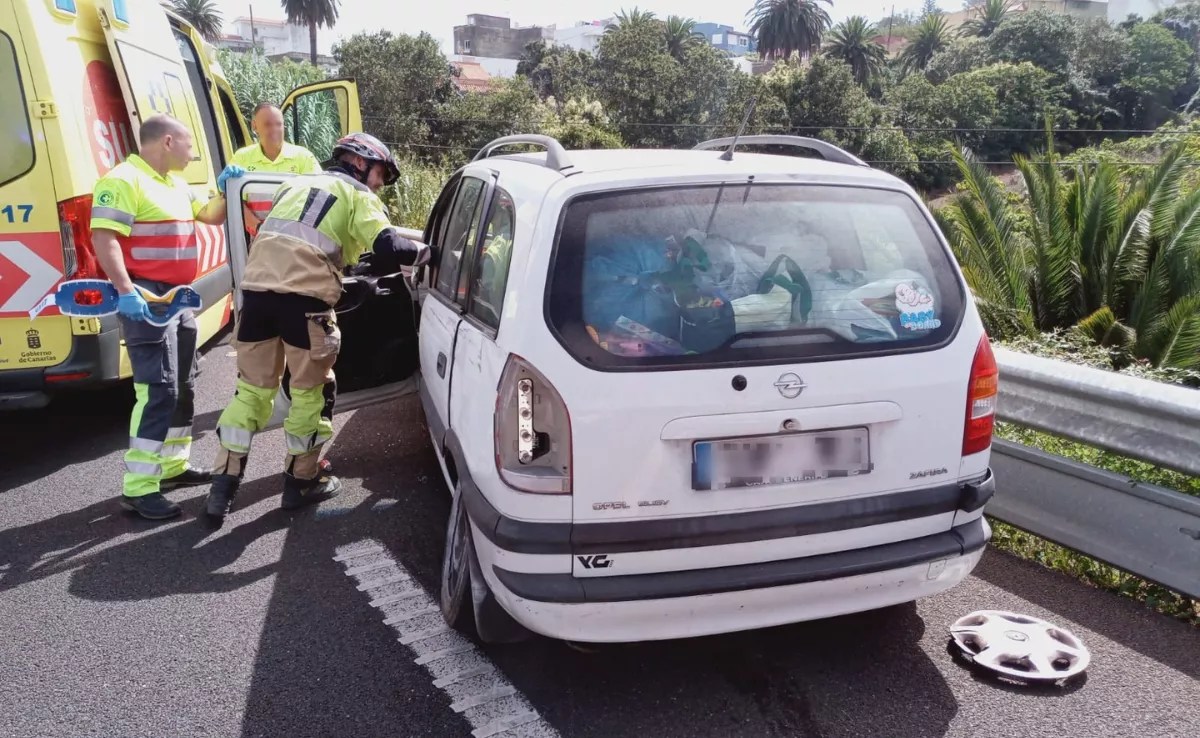The Meliá Jardines del Teide Hotel in Adeje hosted the unveiling of the results from the groundbreaking Sea4Value project yesterday. This initiative, rooted in the Canary Islands, aspires to transform the desalination sector both locally and globally. Following four years of extensive research and development, the project has proved that brine—water with a dissolved salt concentration exceeding 5 percent—can be repurposed from being regarded as a waste product of the desalination process into a precious source of mineral resources and metals, such as magnesium and lithium, which are crucial for various technological industries.
The aim of this project, which has the backing of the European Union and is carried out by Aqualia along with 17 other collaborators, is to foster a circular economy in water management, turning waste into new, high-value resources. The results shared yesterday illustrate Sea4Value’s capability to recover over nine distinct materials from the brine produced in desalination facilities, paving the way for a new generation of technologies applicable on a global scale.
During the presentation, Manuel Luis, the Adeje councilor for Territorial Planning, underscored the significance of the partnership between the municipality and Aqualia in realising this project: “Adeje, with its population of 50,000 and more than two million visitors, requires such initiatives to ensure the quality of the water we consume,” he asserted.
Technological Progress
The modular system developed by Sea4Value has enabled the extraction of various compounds from brine through innovative processes. Víctor Monsalvo, who leads Aqualia’s Eco-efficiency division, remarked that “this project opens up new avenues that will change desalination into a more lucrative and sustainable solution.” The system trialled at the La Caleta desalination facility in Tenerife has sparked considerable interest among international experts, with contributions from over 30 countries in the creation of an advanced desalination database.
QUALITY WATER
Regarding the advantages for the region, Pedro A. Gómez Ayala, head of Adeje services, indicated that “the establishment of a desalination plant in Adeje not only assures a supply of quality water but also creates economic opportunities benefiting both the local populace and the environment.” He further emphasised that this initiative is part of an ongoing journey that commenced in 1987 and has been made possible through public-private partnerships.
Circular Economy in Action
The Sea4Value project aims not only to address the issue of water scarcity in the Islands but also to spearhead the transition towards a circular economy in water management. As Fran Blanco, director of Aqualia in the Canary Islands, stated, “the Islands stand as an international exemplar in desalination and provide the optimal conditions to further advance innovative technologies that endorse sustainability.”
















